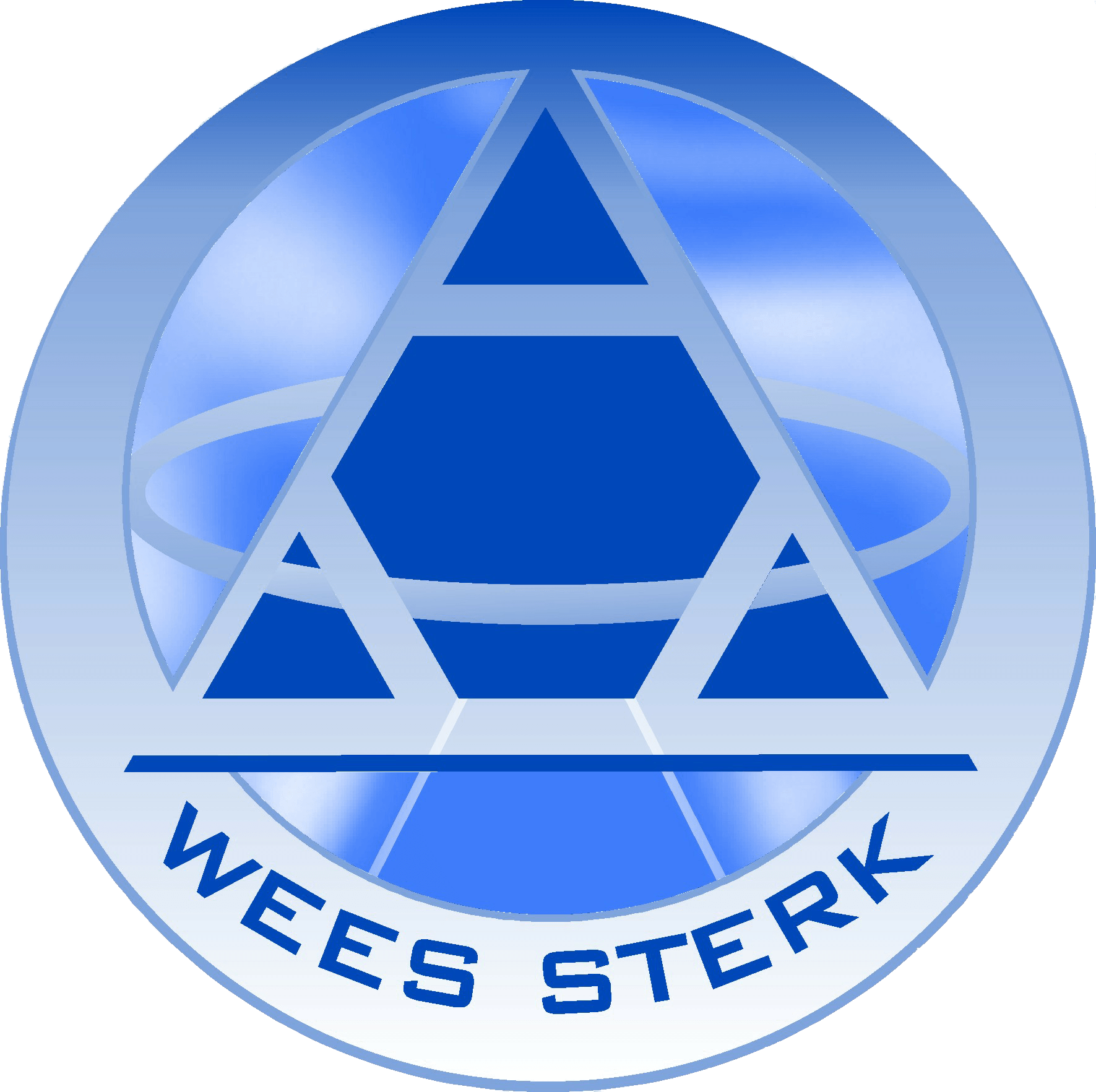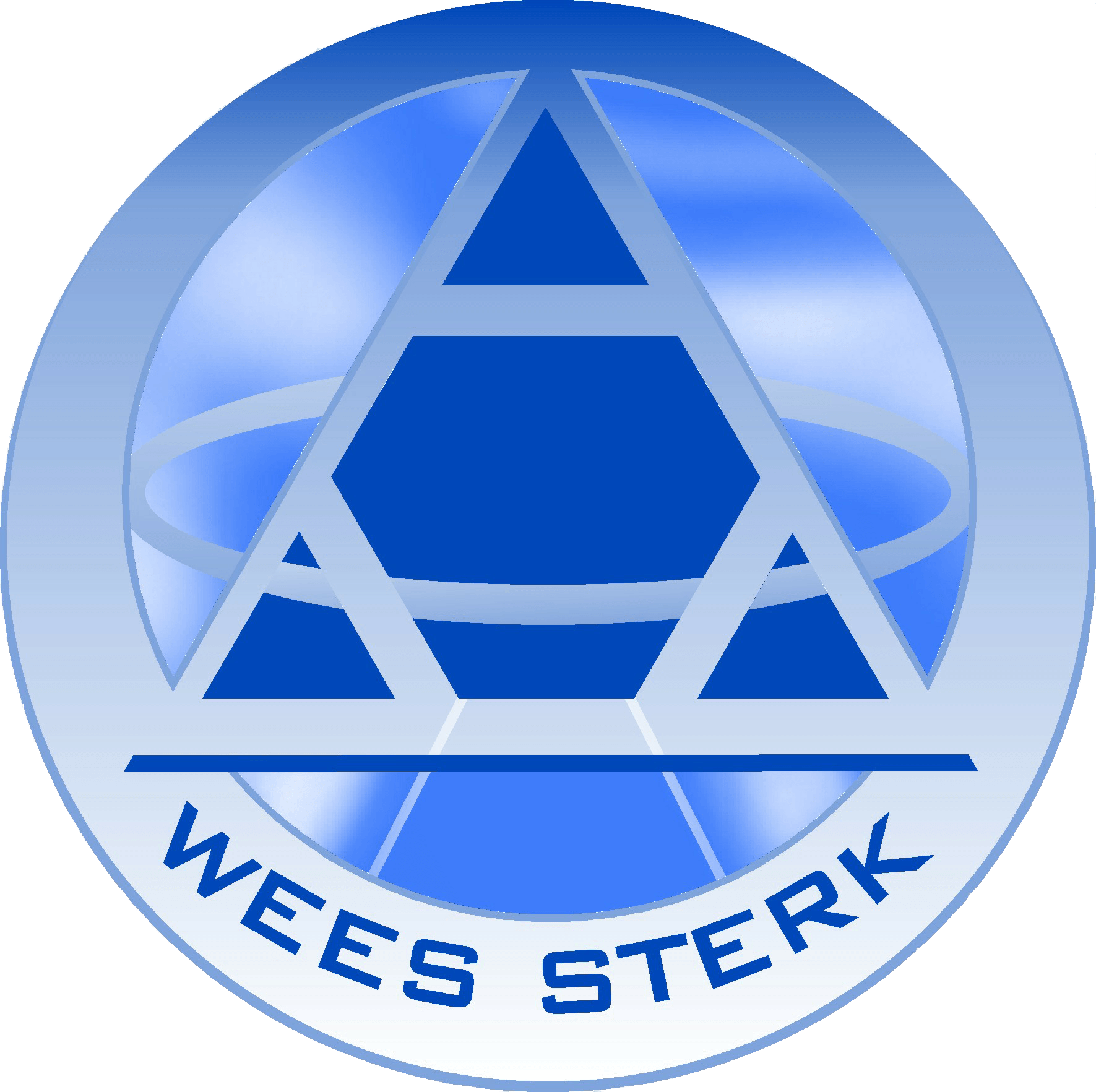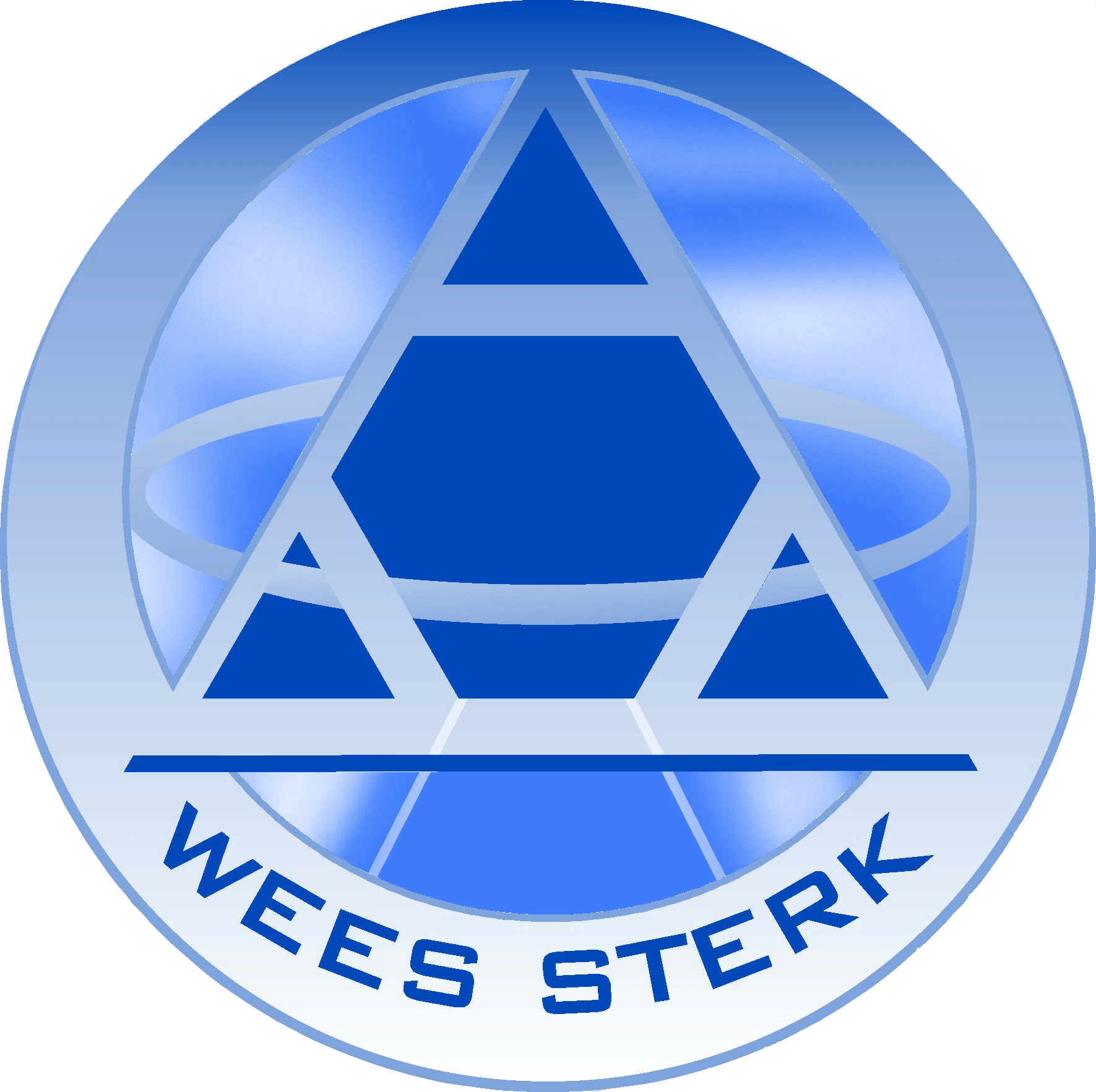Suid-Afrika se politieke leiers aan die woord
President Thabo Mbeki se toespraak tydens 'n gesprek met die Afrikanerbond, 27 Julie 1999, Stadsaal, Pretoria
Speech to the Afrikanerbond by President Thabo Mbeki
27 July 1999, Pretoria
Dr. Schoeman,
Chairperson of the Afrikanerbond.
Distinguished Guests,
Ladies and Gentlemen;
I want to thank you for the invitation to address you.
In 1935 (negentien vyf en dertig) het C.M. van den Heever, die befaamde Afrikaanse romanskrywer ‘n boek geskryf met die titel, “Die Afrikaanse Gedagte”. Ek het gewonder, wat is die “Afrikaanse gedagte” vandag? Of, wat behoort dit te wees?
What is the Afrikaans idea today? Does it correspond or is it in conflict with and foreign to the African idea of a better continent that is undergoing a renewal? Can this Afrikaans idea be transformed and broadened such that it becomes an integral part of the process of African Renaissance so that each one of us benefit from our rich heritage?
Chairperson,
Allow me to read a passage from an important work by Noel Mostert, the well-known historian. In his book Frontiers, Mostert has this to say: “The frontier between white and black that arose at the eastern limits of the Cape Colony was thus the product of two of the greatest human odysseys and endeavours, the terrestrial one of Africa and the maritime one of Europe. It was an encounter moulded by the many interwoven frontiers which affected Europeans and Africans as they came to that historical rendezvous.” (1992: xvii)
As we are gathered here today, we are faced with a question as to whether those two human odysseys and endeavours to which Mostert refers, of “the terrestrial one of Africa and the maritime of Europe” are to remain tied to the divisions and conflicts of the past, or whether they can now be fused into one South African journey leading into a common future.
We are faced with the challenge, whether it is better to proceed on different roads, each alone, that become increasingly narrow as we travel, or whether it is possible to build one road through which we can all travel forward faster together.
Our encounter today, no longer as Europeans versus Africans, but as South Africans, is more moulded by many interwoven frontiers than separate paths. Our encounter today also extends beyond the borders of our nation state, but as Africans with fellow Africans, working in our region and throughout this vast continent, towards economic development. For Afrikaners are Africans. Thus these frontiers, common to all, compel us to sit, plan and move forward together, continuously and sensitively addressing and adapting our approaches to the concerns of all our people.
In this regard, it is important for us to have a mutual understanding of how we have come to be who we now are, how we ourselves have been moulded by some shared interwoven events. For many years the history of our country and continent has been preoccupied with binary oppositions: that of Black and White, of Africa versus Europe, of conquered and conqueror, of the dispossessed and the dispossessor.
It is in this context that the Anglo-Boer war for instance, has, until recently, been seen simply as a white South African history and labelled ‘the White Man’s war’ that had nothing to do with blacks.
Only recently, through stories rewritten through the eyes and from the experiences of blacks, are we exposed to the untold inhuman suffering that blacks endured together with all the whites, especially Afrikaners, who were at the receiving end of the horrors of that war.
We know today that about 20 000 blacks died in the war together with 28 000 whites while 115 000 blacks and 136 000 Afrikaners were held in concentration camps by the end of the war. However, what is important is that whatever the merits and demerits of that war, no matter what our individual sentiments are and no matter how we interpret it, it was a South African war fought on our soil which took a heavy toll on South African lives and shaped our history for many years to come.
But the challenge for all of us is not a simple one of rewriting the history of our land in a way that adequately and accurately reflects the contributions of all our people. For this is only a starting point in our endeavour to accept our shared legacy and our inextricably bound destiny.
While we acknowledge the importance of that war in the history of the Afrikaner people, we now also accept it as part of our own history, of the entire South African people that shaped our future.
As we commemorate the centenary of this war in October this year, we must ensure that in both word and deed we do not perpetuate the often-artificial barriers which may daily define some among us as modern day ‘Uitlanders’.
Chairperson
In the turbulent past, our cultural contact was defined by conflict and violence which led to conquest of one culture by the other, and by power relations of domination and subordination being entrenched in every aspect of our lives.
Because the relationship was from the outset defined as adversarial, this affected the natural process of mutual co-operation and cultural exchange, in other words, prevented the nurturing of a symbiotic relationship that would ultimately have led to possible cultural integration.
C.M. van den Heever offers some useful advice when he says: “In jou siel weet jy dat daar iewers ‘n skroef los is. Jou magtelose haat het jou oordeelvermoe belemmer.”
In our present situation, we are faced with the challenge of ensuring that our different cultures, languages and religions cease to make us islands unto ourselves, but instead enable us to understand the basis of all our people’s fears, anxieties, love, hopes and dreams.
While we pay tribute to people’s cultures and languages as their own and worthy of the utmost respect and protection, a right which our constitution takes very seriously, in order to enhance these cultures and languages, we must also build bridges that connect one with the other, and thus create the basis for mutual understanding, instead of the walls that for centuries have kept us apart and prevented our full flowering as one people.
It is clear that our languages and cultures demonstrate our diversity as a people through a celebration of all our interwoven heritages.
At different times in the evolution of the Afrikaans language as well as in our own history, this language has played different roles in the ever-changing power relations.
Afrikaans literature has over the years expressed the suffering of a people who saw themselves as oppressed, who were a patriotic people, who in poems declared their love for nature and for the land in which they lived.
At another time as the language of those in power, it was viewed by the majority as a language of domination.
Today Afrikaans proudly takes its rightful place as a South African language among other languages whose use and encouragement is part of the process of deepening our democracy and continues to shape our identity as South Africans.
The use of Afrikaans and other languages is not simply about cultural revival, the reminder of a former, glorious past through its re-insertion into the present, but about the emergence of new ways of doing things, and finding new, creative ways of expressing ourselves and our plans for the future.
The establishment of a democracy in our country through our first elections in 1994 and the recent reaffirmation and consolidation of our democratic ideals through our second successful elections has meant the liberation of the entire South African society from the mindset of the apartheid past, its laws, its insidious impositions on the mind, the body and the soul. More so than ever before we are liberated from the limitations it placed on all our lives.
For the first time we are free to contemplate what it means to be South African, what it means to be African at the dawn of a new century, what it means to be living in a changing global reality and be able to meet the new demands of these times as they unfold before our very eyes and in our lives.
Out of a process of cultural exchange through multilingualism, we shall be able to grasp fully the meaning of real liberation for all our people.
Perhaps the time has come when we should seriously consider that no child should leave school without knowing the language of another: for too long it has been only black children who have been compelled to do this. But the time must surely come in our schools when an Afrikaans-speaking child from Bellville should also learn Xhosa, when a Sotho-speaking child in Soshanguve should learn Afrikaans, when an Engish-speaking child in Durban should learn Zulu, when our children are able to communicate with one another in all our languages.
As we meet the challenges of a new century and millennium for our country and our continent, as we attempt to modernise our economy and compete on an equal footing with the rest of the world, we shall only succeed in this endeavour if we act in a manner which is true to ourselves, if we proceed with authenticity, the authenticity that does not simply stem from an original point of departure in the distant past, but emerges organically out of engagement with the realities of a context.
I believe the challenge to the intellectuals in the Afrikanerbond is how to engage with this context and how to activate the whole of society in achieving these developmental goals, in becoming conscious of themselves not as other but as part of a whole social movement towards a truly integrated development.
Together we are faced with a challenge of how to consolidate this social movement forward. What is it that we ought to do to ensure that while we preserve our languages and cultures, we also become true South Africans!
I am told that for a long time there has been an interesting way of describing a loyal Afrikaner amongst the Afrikaners. It is always said: “Hy is ‘n goeie Afrikaner”. This was often used to describe someone who should be elected to a school committee, parliament or any other leadership position. To some extent it is the same in the ANC when someone is referred to as a ‘good comrade’.
But should a ‘good comrade’ and ‘n goeie Afrikaner work merely for their respective interests, or should they not be good comrade and goeie Afrikaner for the entire South Africa!
We should say that: “Hy is a regte Afrikaner want hy werk vir die belang van alle Suid Afrikaners. ‘n Regte Afrikaner is ‘n goeie Afrikaner as hy streef na die belange van alle mense van onse land.”
Afrikaners are Africans. And because we are all Africans, we should all be moved by the fact that landmines, for which we are partly responsible, are daily bringing death to our fellow Africans in Mozambique and Angola. As Africans, we need to lend our support to efforts to bring peace and stability to our continent. But, most importantly, as Africans, we can and must use our skills and resources to help in the rehabilitation and development of important sectors of our neighbours’ economies such as agriculture.
One of the biggest problems facing our people today is that of poverty. Our duty is not only poverty alleviation, but also how to end this poverty, how to create an enabling environment for all our people to work, eat, learn and live their lives to the full.
To do this, our government has as one of its main task that of sustainable rural development through the implementation of an integrated rural development strategy. The government is going to accelerate infrastructure development in rural areas. Within this process, of equal importance is the economic infrastructure in rural areas, so that rural areas are able to begin to exploit the potential of farming, tourism and trade. Farmers must be able through new road infrastructure, to trade their products more efficiently and to move away from subsistence farming to sustainable commercial farming.
The Afrikaners have vast experience in these areas; and we challenge everyone today to come into partnership with government in making this programme a success.
It is important that our encounter is not simply a talkshop on matters of language and culture. While these questions are important ones, our encounter must be defined more broadly.
The happy reality in our country is that some of our best scientists are Afrikaner. Some of our best public administrators are Afrikaner. Some of our best political thinkers, businesspersons, health workers, journalists are Afrikaner. Some of our best and dedicated crime fighters are Afrikaner. Some of our most evocative poetry is in Afrikaans.
For instance, let me cite a few lines from a poem by Ingrid Jonker:
“Jy het my gesterf sonder my wete
Sodat ek jare met gevoue hande and gebede
En preutse oë op ‘n herontmoeting hoop”
Translated:
“You have died for me without my knowledge
So that, for years, with folded hands and prayers
And prudish eyes, I could hope for a reunion”
We must be able to say as Africans on the southernmost tip of the continent, endowed with this resource, that there is tangible progress we are making in sharing skills and resources and moving our country forward faster.
In our efforts to reform and restructure our economy, the new government will be doing all it can by implementing the recommendations of the Job Summit to promote the creation of a larger number of jobs and to ensure that the programmes put into place are properly co-ordinated. It is clear that job creation and economic activity can only be sustained in a competitive economy open to the world; and the establishment of an Investment Council will go a long way in addressing this issue.
The challenge to those among you in the Afrikanerbond with the necessary skills is to go into partnership with government in these public-private sector initiatives and to come up with dynamic contributions in creating capacities for the empowerment of people and employment creation.
The government is determined to take the fight against crime to a higher level. Already the different government components in the criminal justice system are taking a practical, integrated approach so that our fight against crime becomes effective.
In this process, as in many other areas of our work, the partnership with people and communities is crucial for our success.
Finally, many of us may remember our address to parliament early this year, following our interaction with various sectors of the Afrikaner community, on the concerns expressed by the various leaders of Afrikaner organisations and institutions. On that occasion, we made various commitments directed at addressing these concerns. We will implement all the commitments we made at that time.
We find ourselves on this continent at the new frontier between a departing century in which we have witnessed underdevelopment, war, conflict, disease and famine, and a new century which for us must be characterised by sustained development, liberty, peace, stability, and a better life for all.
Together, all of us as Africans, must commit ourselves to making the next century an African century and realise the dream of a better life for all.
I thank you.



